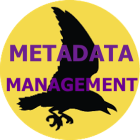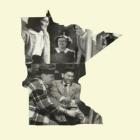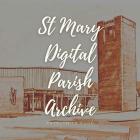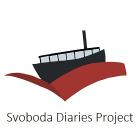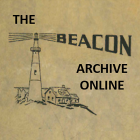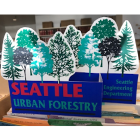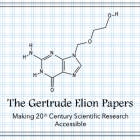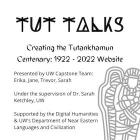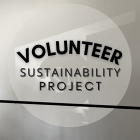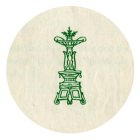
Mapping Language: Representation of Immigrant Communities in the Pacific Northwest, 1880-1930
This work explores ways in which developing language used to describe immigrant groups reflects labor, industrial and land development interests, which may still influence our perceptions today. The site is both a digital exhibit and a pedagogical tool that can be used to form new connections and create original work. The work was designed to provide researchers with multiple "ways in" to the material, depending on learning preferences, and serves as a model for how we can analyze, host and curate a large and diverse amount of material and present it in accessible and engaging ways to encourage future research.

